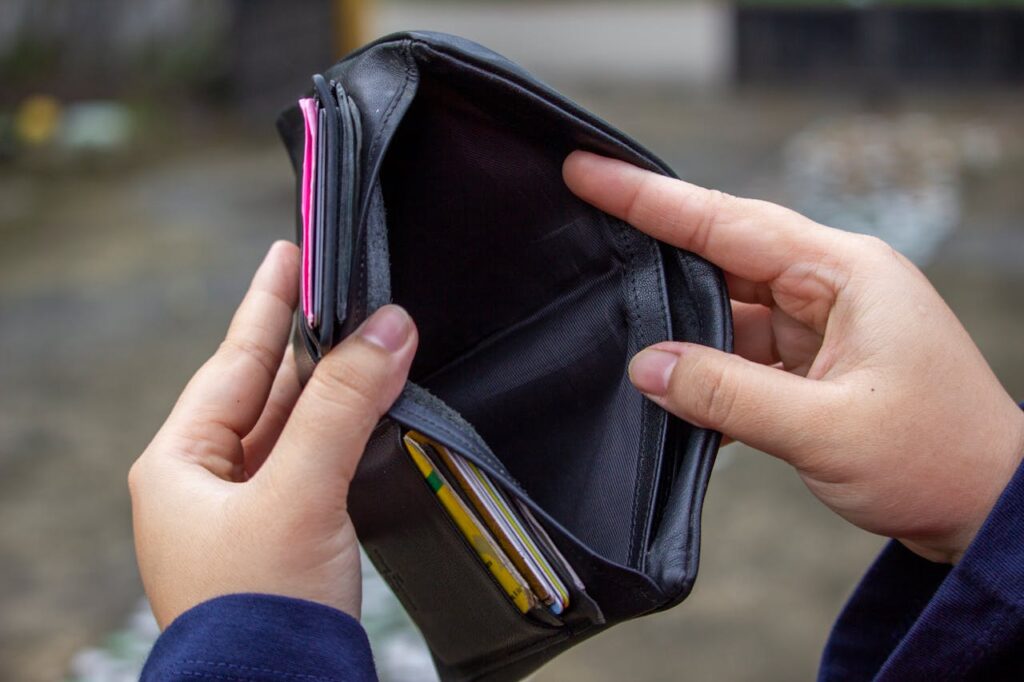
1. Monitor Your Accounts Regularly

Setting up account alerts can also help you stay informed about your account activity. These alerts can notify you of large purchases, foreign transactions, or any changes to your account information, enabling you to act quickly if something seems amiss.
2. Use Strong and Unique Passwords

Additionally, avoid reusing passwords across multiple accounts. If one account is compromised, using the same password for other accounts can put all of your financial information at risk. Consider using a password manager to generate and store unique passwords securely.
3. Enable Two-Factor Authentication

Enabling 2FA can significantly reduce the risk of unauthorized access, even if your password is compromised. Most banks and credit card issuers offer 2FA as an option, and it’s a simple yet effective way to enhance your account security.
4. Be Cautious with Public Wi-Fi

A VPN creates a secure tunnel for your data, preventing hackers from accessing your sensitive information. It’s a valuable tool for maintaining privacy and security when using the internet in public places.
5. Keep Your Card Information Private

When making online purchases, ensure that the website is secure. Look for “https://” in the URL and a padlock symbol in the address bar, indicating that the site uses encryption to protect your data. Stick to reputable retailers and avoid entering your card information on unfamiliar or suspicious websites.
6. Shred Sensitive Documents
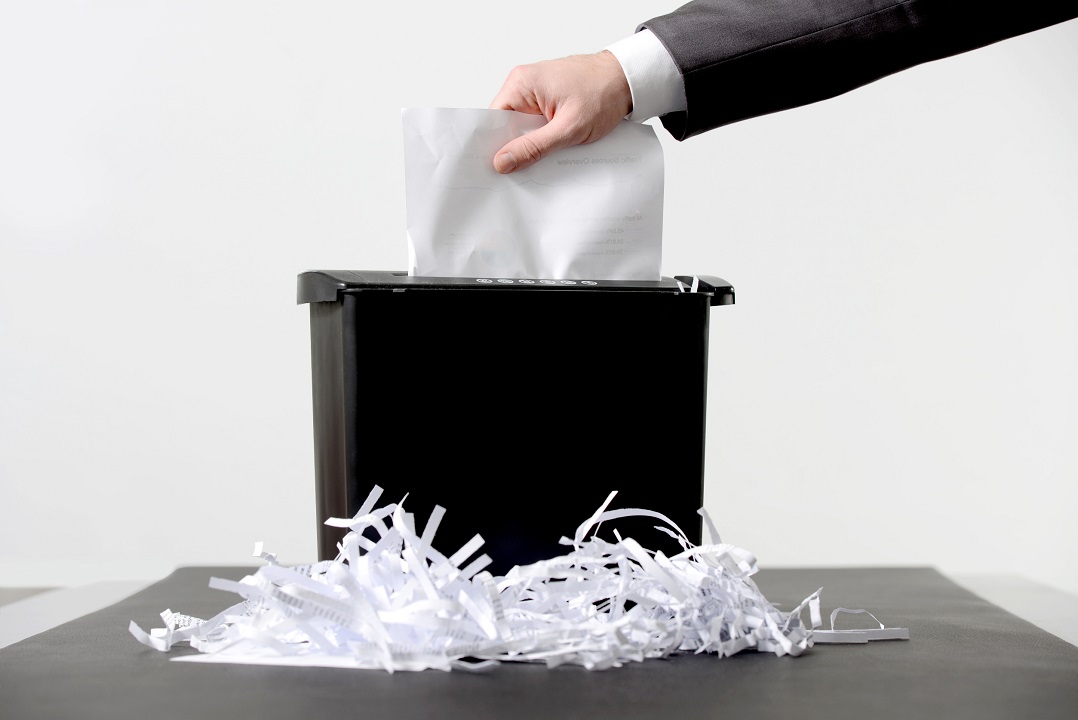
Investing in a good quality shredder is a small price to pay for the added security it provides. Make it a habit to shred any mail or documents that contain personal or financial information to keep your details safe.
7. Report Lost or Stolen Cards Immediately
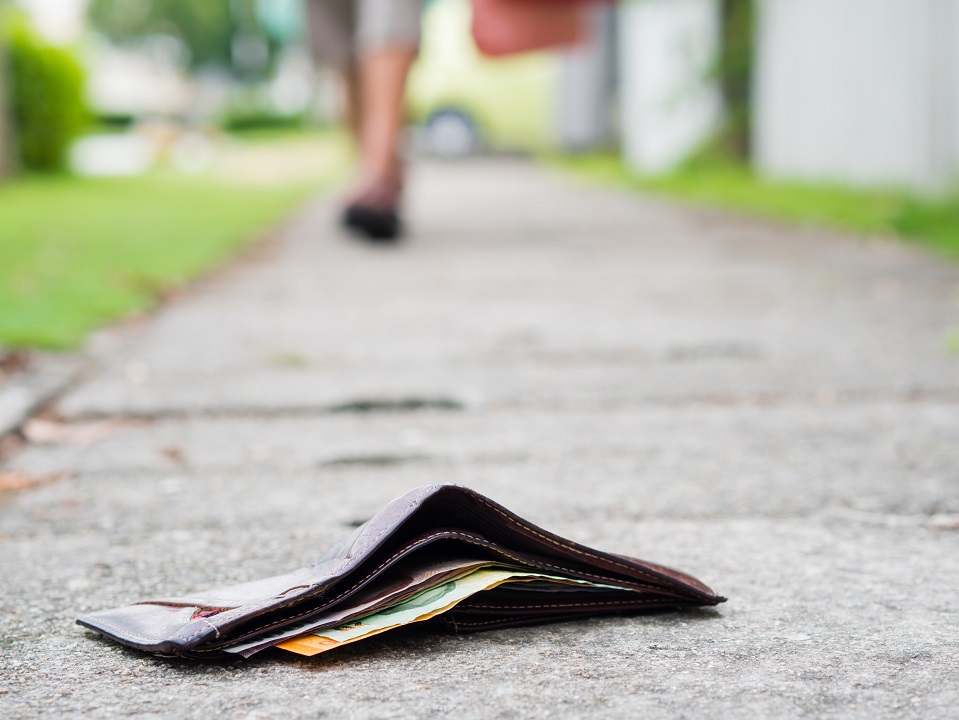
Once reported, your card issuer will typically cancel the lost or stolen card and issue a new one with a different number. Monitor your account closely for any suspicious activity during this transition period and notify your issuer of any unauthorized transactions.
8. Use Credit Instead of Debit Cards
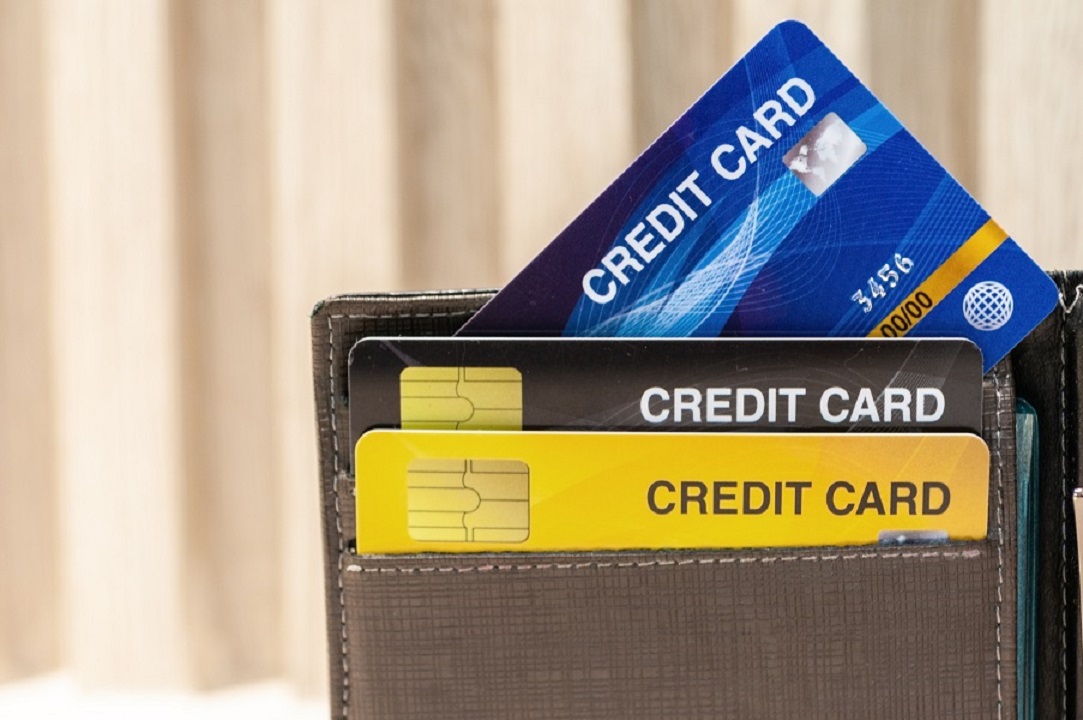
Debit cards, on the other hand, draw funds directly from your bank account, and recovering stolen funds can be more challenging and time-consuming. For these reasons, credit cards are generally a safer option for everyday transactions.
9. Educate Yourself About Phishing Scams
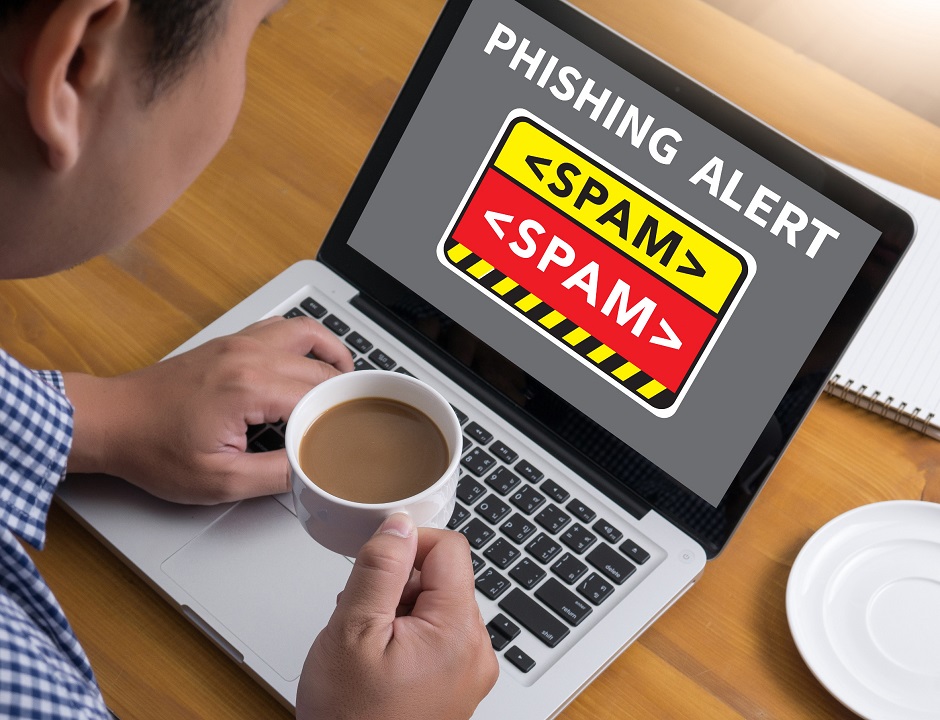
Stay vigilant and learn to recognize phishing attempts. Never provide your credit card information in response to unsolicited requests. If you receive a suspicious message, contact your bank or card issuer directly using a trusted phone number to verify its legitimacy.
10. Regularly Check Your Credit Report

If you find any discrepancies or suspicious activity on your credit report, report it to the credit bureau and your card issuer immediately. Taking prompt action can help mitigate the damage and restore your credit.
11. Limit the Number of Credit Cards You Carry

In case your wallet is lost or stolen, having fewer cards to report can simplify the process of canceling and replacing them. It also reduces the potential damage if your cards fall into the wrong hands.
12. Consider Credit Monitoring Services
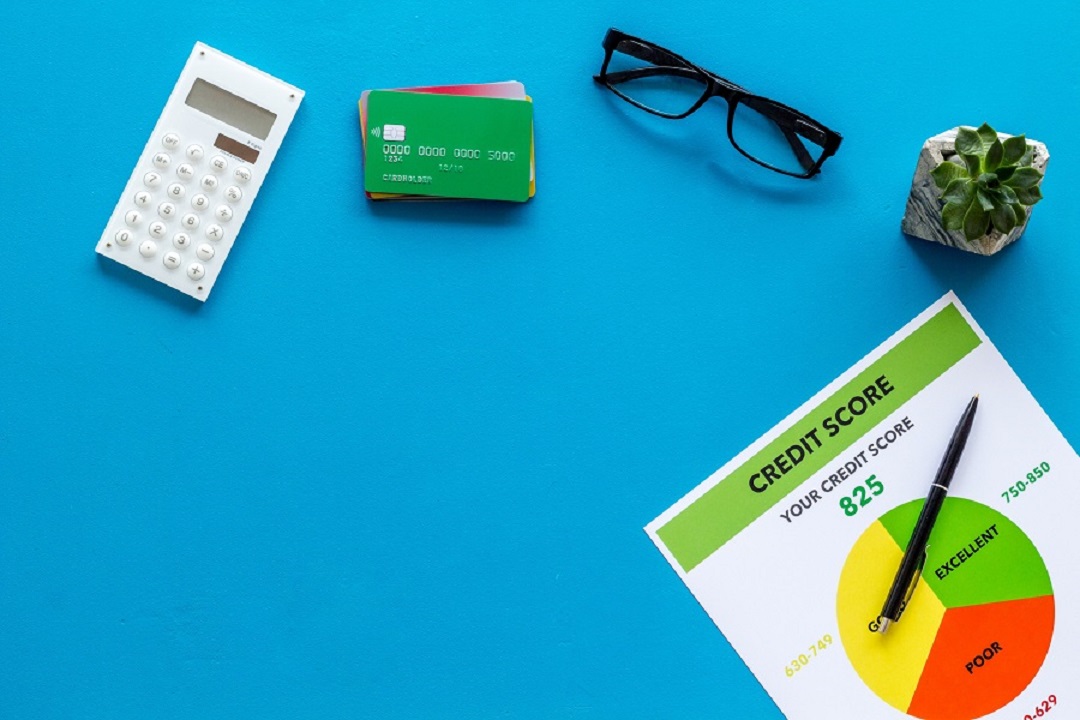
While some credit monitoring services come at a cost, many banks and credit card issuers offer free monitoring tools as part of their account features. Weigh the benefits and choose a service that suits your needs to enhance your credit card safety.
Staying Vigilant and Proactive


Toi Williams began her writing career in 2003 as a copywriter and editor and has authored hundreds of articles on numerous topics for a wide variety of companies. During her professional experience in the fields of Finance, Real Estate, and Law, she has obtained a broad understanding of these industries and brings this knowledge to her work as a writer.













